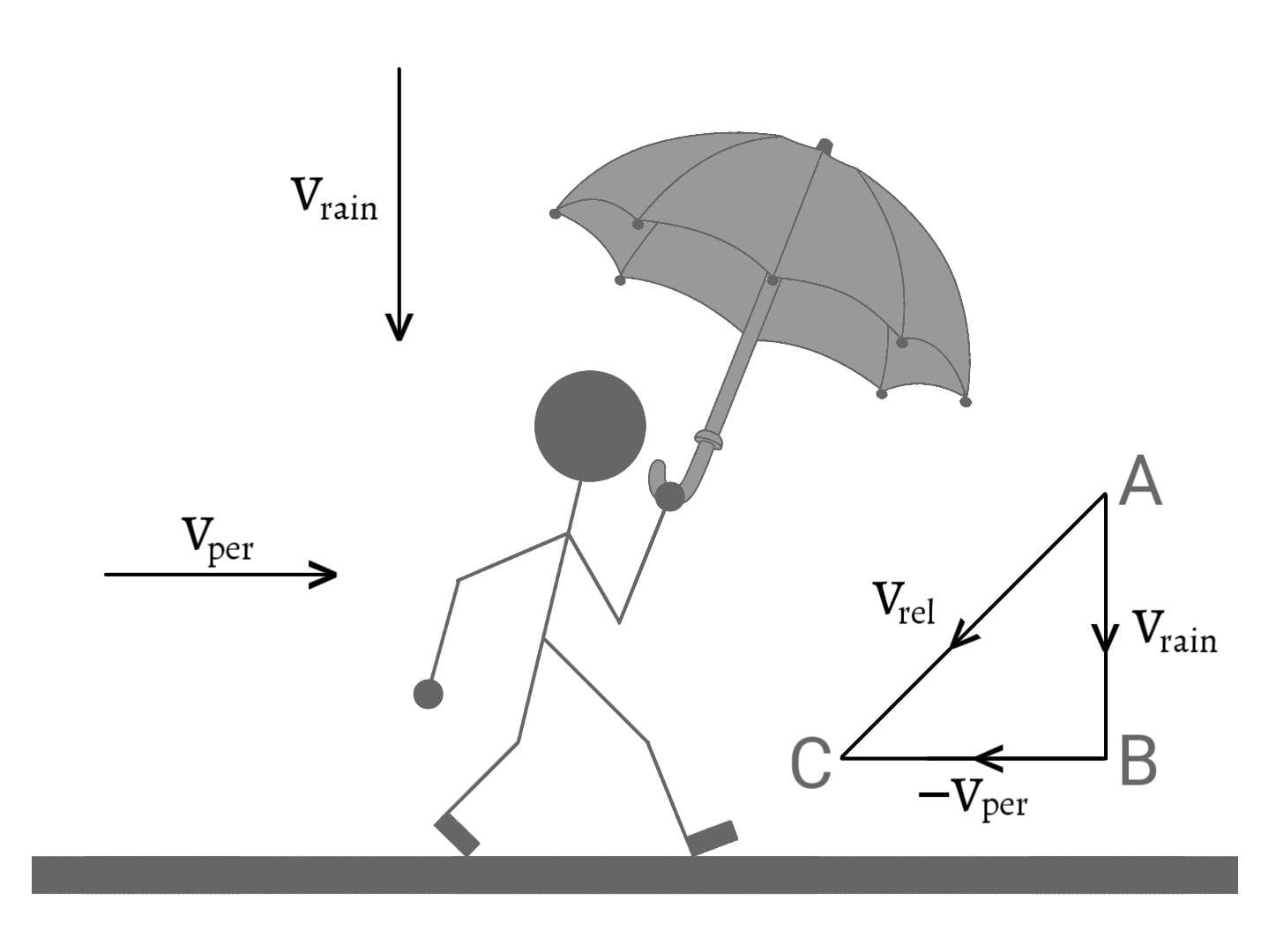Acceleration is the rate of change of velocity given by \[a=\frac{v-u}{t}\]
Hence, acceleration is zero only when both the velocities $u$ and $v$ are zero. In the question, it is given that the velocity of the object is changing so the acceleration cannot be zero even if one of them becomes zero at that instant.
[Read: Motion in a Straight Line]
For example, when an object is thrown vertically upward, at the maximum height, its velocity becomes zero. But the object has acceleration due to gravity in downward direction.
[Read: Motion Under Gravity]
SIMILAR QUESTIONS
Is it possible that the displacement of a body is zero but not the distance?
If the acceleration of a body remains constant, is it necessary that the path is rectilinear?
Can a body move on a curved path without having acceleration?


